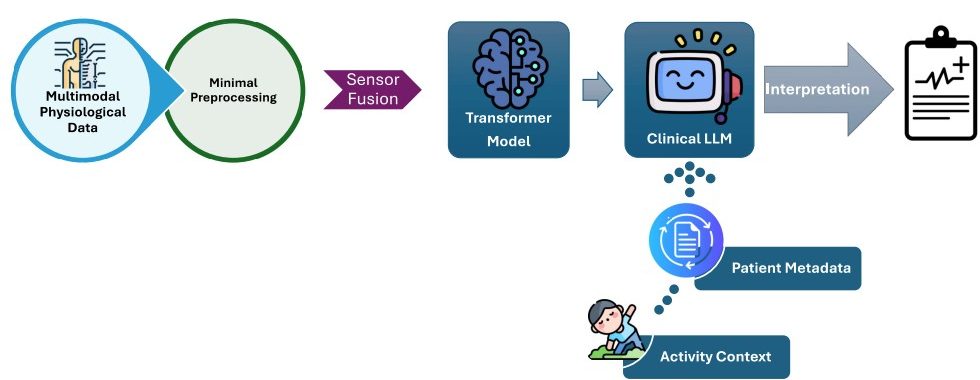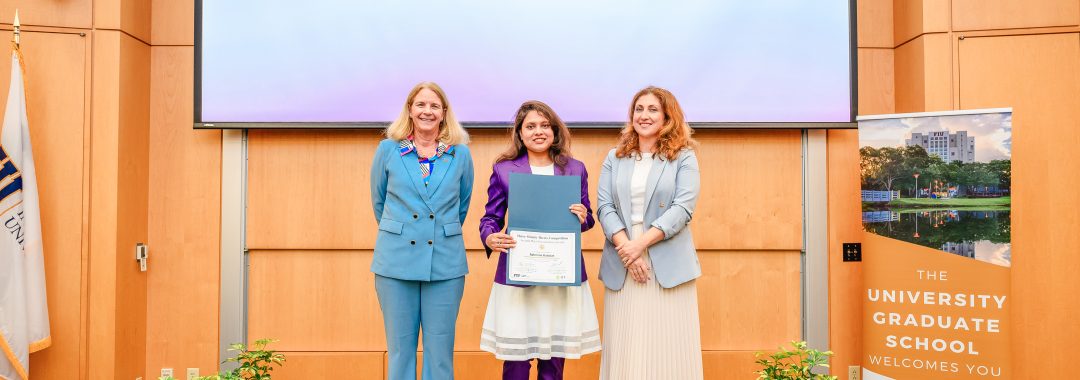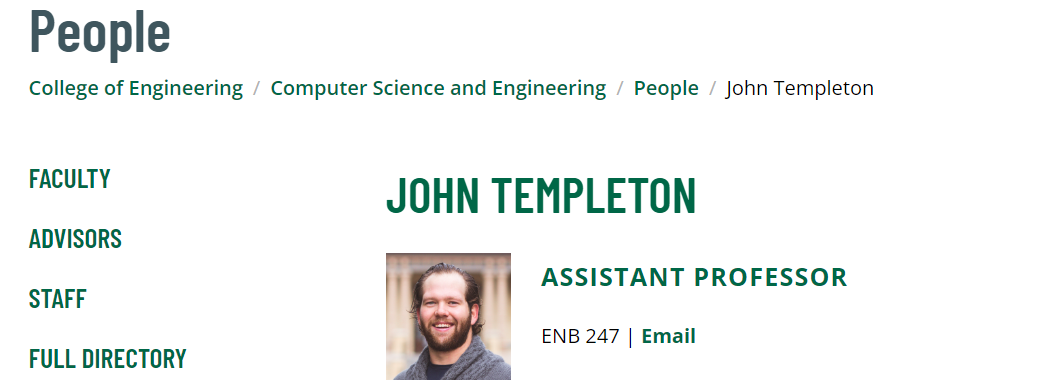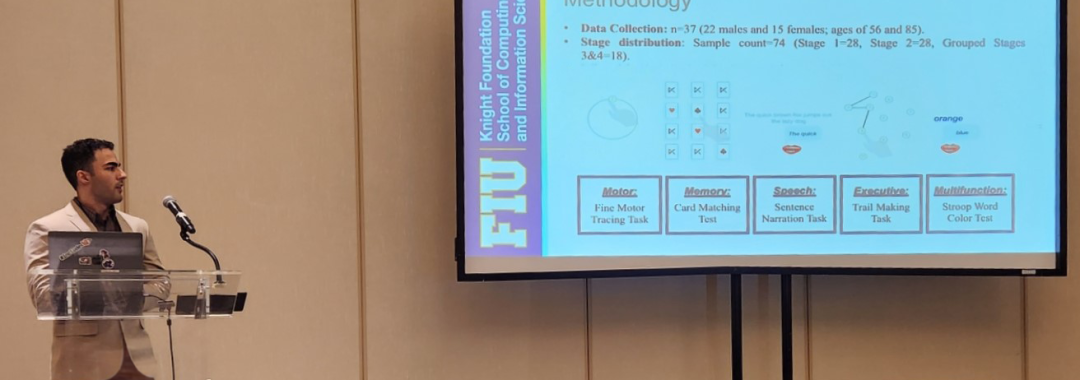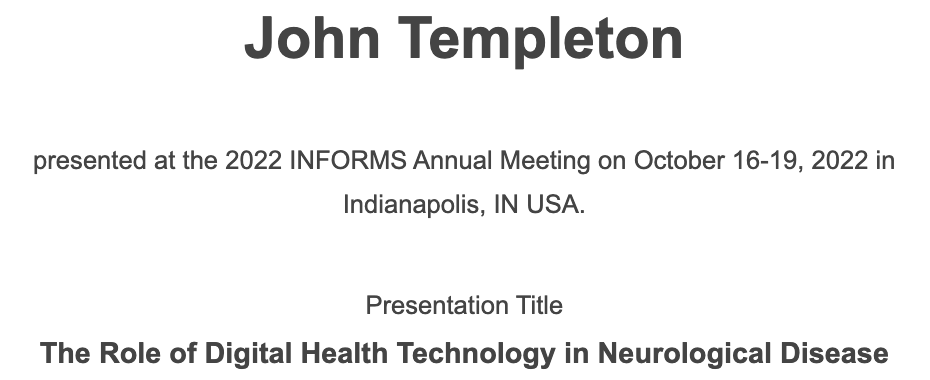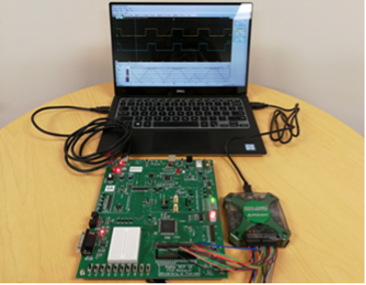The State of Florida has awarded multiple FIU schools more than $2 million to fund projects focused on educating and preparing students for careers in cybersecurity and information technology, including a project spearheaded by the MOSAIC Lab. These grants, funded by the Cybersecurity and Information Technology Pathways program, will help grow FIU-led programs meant to address the national skills shortage in cybersecurity and information technology by providing research, professional development for students, K-12 outreach, and upskilling public and nonprofit organizations.
According to the U.S. Bureau of Labor Statistics, cybersecurity jobs are projected to grow 33 percent from 2020 to 2030, which is significantly faster than the average of all other occupations. The CyberSeek Cybersecurity Supply/Demand Heat Map indicates that there are currently over 700,000 total cybersecurity job openings in the U.S. alone, with Florida being the 4th state with the most job openings. The Cybersecurity and Information Technology Pathways (Cyber/IT Pathways) program is a joint endeavor of the Florida Department of Education and the Florida Center for Cybersecurity (Cyber Florida) to inspire and prepare more students to pursue fulfilling and lucrative careers in cybersecurity/information technology (IT) while helping address the national skills shortage in these areas.
“Project HaHa” (Hands-on Hardware Security Education), led by MOSAIC Lab director Chris Poellabauer, was awarded $1.2 million in funding. The project combines several universities and colleges in Florida – Florida International University (FIU), University of Florida (UF), University of South Florida (USF), Broward College (BC), Nova Southeastern University (NSU), and University of Tampa (UT) – with the goal of broadening and diversifying hardware security education to meet the increasing cybersecurity needs across the State and the nation. Project HaHa is unique because it relies on the low-cost, but highly integrated HaHa hardware board (developed by researchers at the University of Florida), and it focuses specifically on hands-on learning of hardware security concepts. The project focuses on four major activities: (1) approx. 50 instructors from various institutions will participate in professional development workshops for hardware security education; (2) these instructors will integrate HaHa modules into 11 existing and 5 new courses for hands-on hardware security training that will directly impact about 900 college students, 35% of whom are from underrepresented minorities; (3) these institutions will conduct broad outreach activities to promote hardware security in other Florida colleges and increase interest of cybersecurity in K-12 communities; and (4) this project will include a comprehensive evaluation to measure its success. The official announcement can be found here: https://news.fiu.edu/2022/fiu-awarded-over-2-million-for-cybersecurity-programs.

